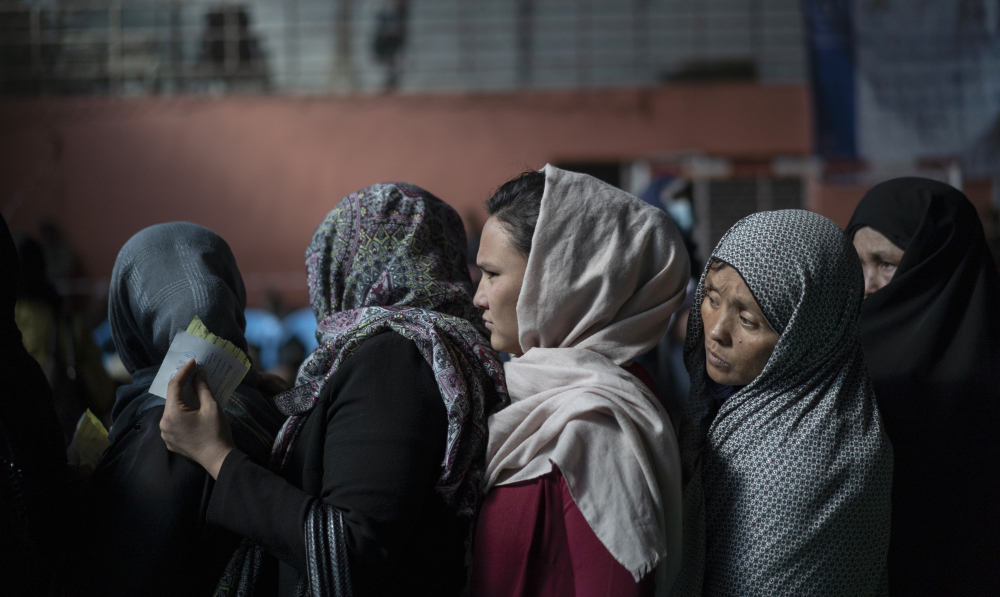JAKARTA: The Indonesian government pledged on Thursday to focus on women’s empowerment and education in Afghanistan, as part of its aid commitment made during last month’s extraordinary session of the Organization of Islamic Cooperation.
Afghanistan’s fragile economy has been on the brink of collapse, with rapid food price increases and widespread hunger, since the abrupt withdrawal and freezing of foreign aid after the Taliban takeover in August. The international community has been pressurizing the country;s new rulers to commit to upholding women’s rights as a condition for restoring aid.
Indonesia, the world’s largest Muslim majority country, pledged to support capacity-building and educational efforts for Afghan women during the 17th Extraordinary Session of the OIC’s Council of Foreign Ministers, hosted by Pakistan, on Dec. 19.
Abdul Kadir Jailani, the Indonesian foreign ministry’s director general for Asian, Pacific and African affairs, said during a press briefing in Jakarta that Indonesia’s $2.85 million aid package for Afghanistan will be directed predominantly at this purpose.
“All of those funds will be directed toward capacity building, especially for women, as well as scholarships,” Jailani told reporters, as he highlighted the Indonesian government’s commitment to “elevate women’s role.”
Women’s rights were severely curtailed during the Taliban’s previous stint in power from 1996 to 2001. The group banned women from leaving their houses without full face and head coverings and a male relative accompanying them, and barred girls from receiving an education.
The Taliban say they have changed, but many women and rights advocates remain skeptical. In the weeks after the group’s takeover, the new government announced a steady stream of policies and regulations that rolled back the advances in women’s rights over the past two decades.
The 2022 World Report by Human Rights Watch has raised concerns over opportunities for Afghan women under the new regime, as many secondary schools for girls remained closed by the end of the year, and women were prohibited from working in most government jobs and many other areas.




